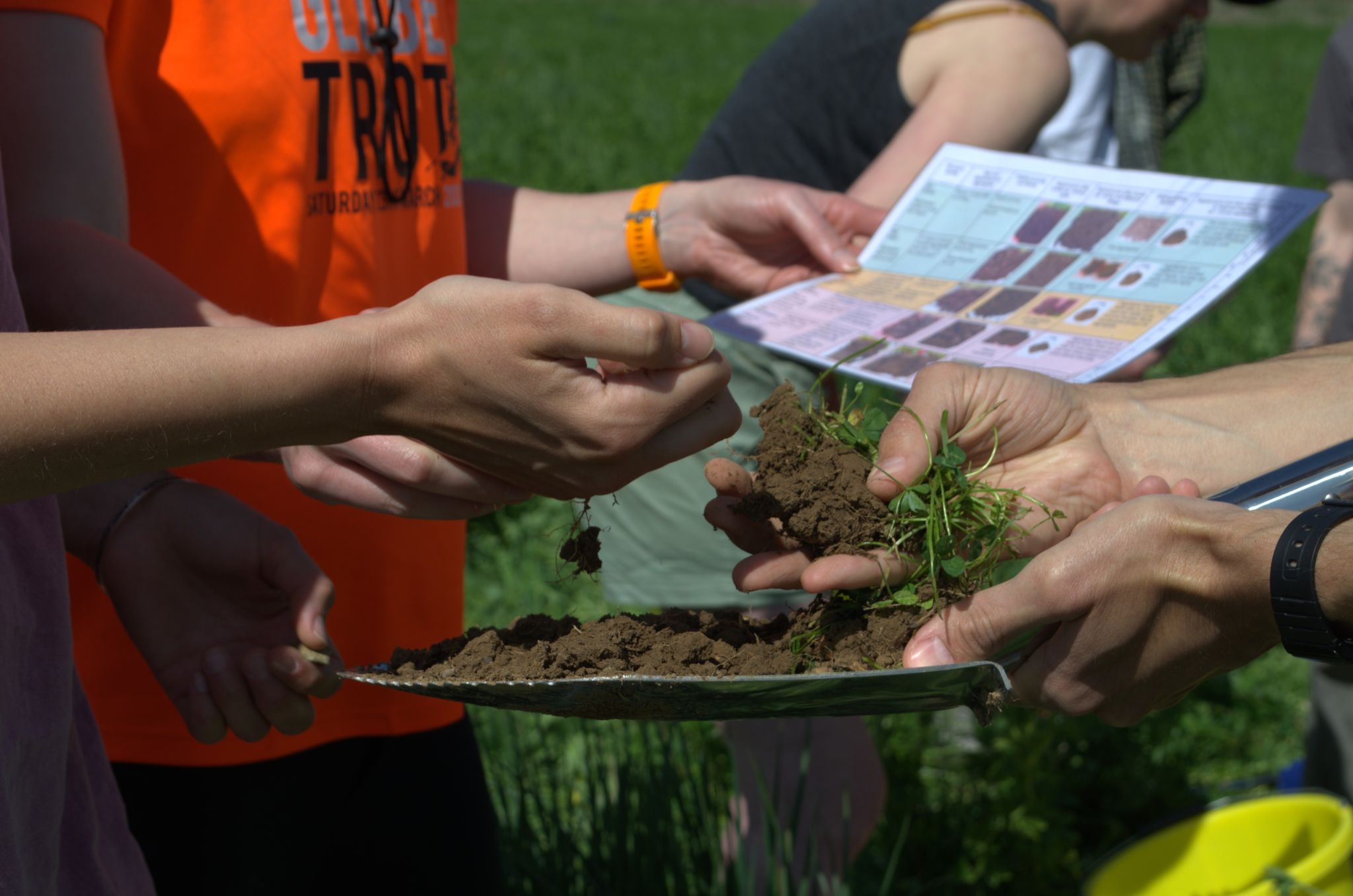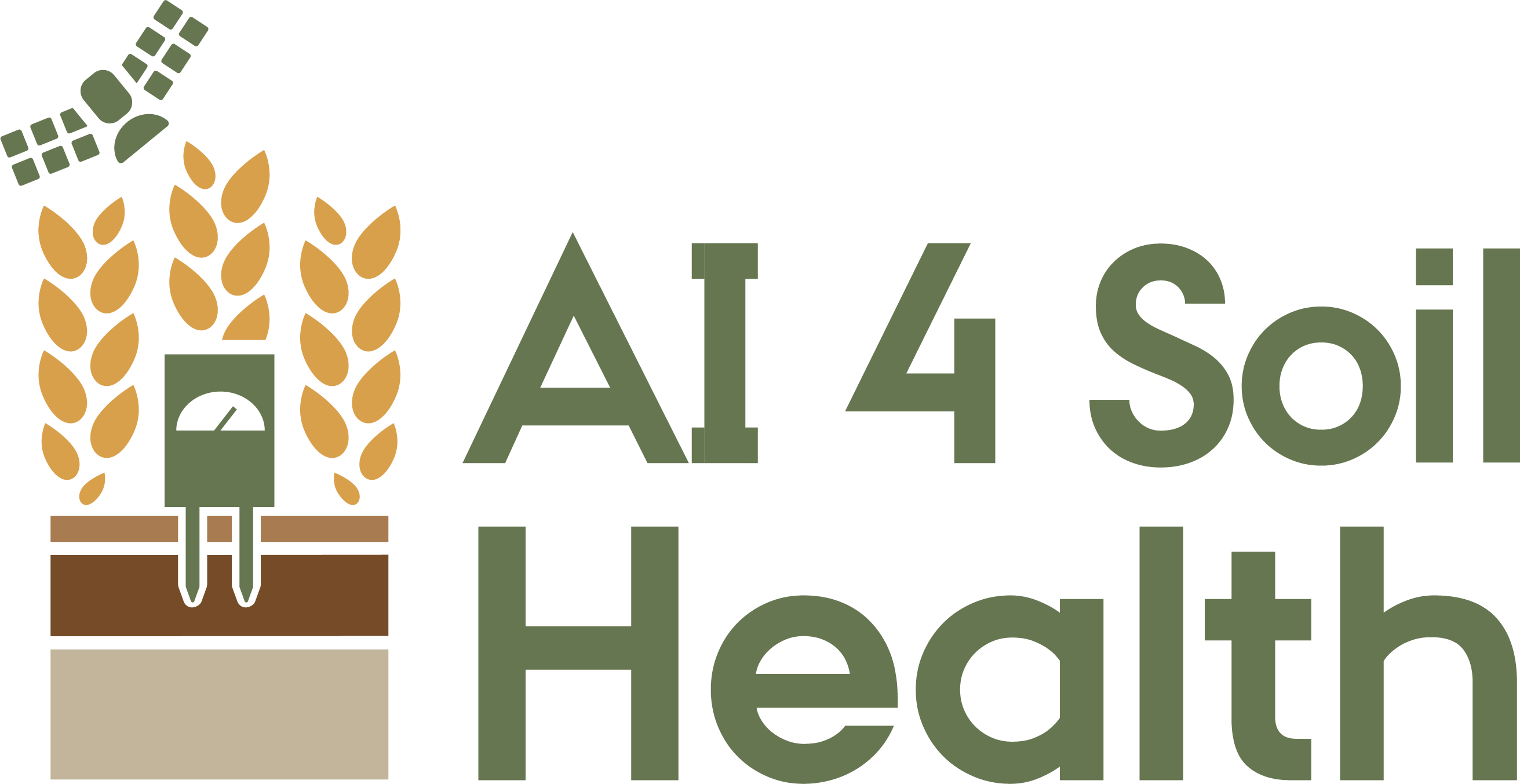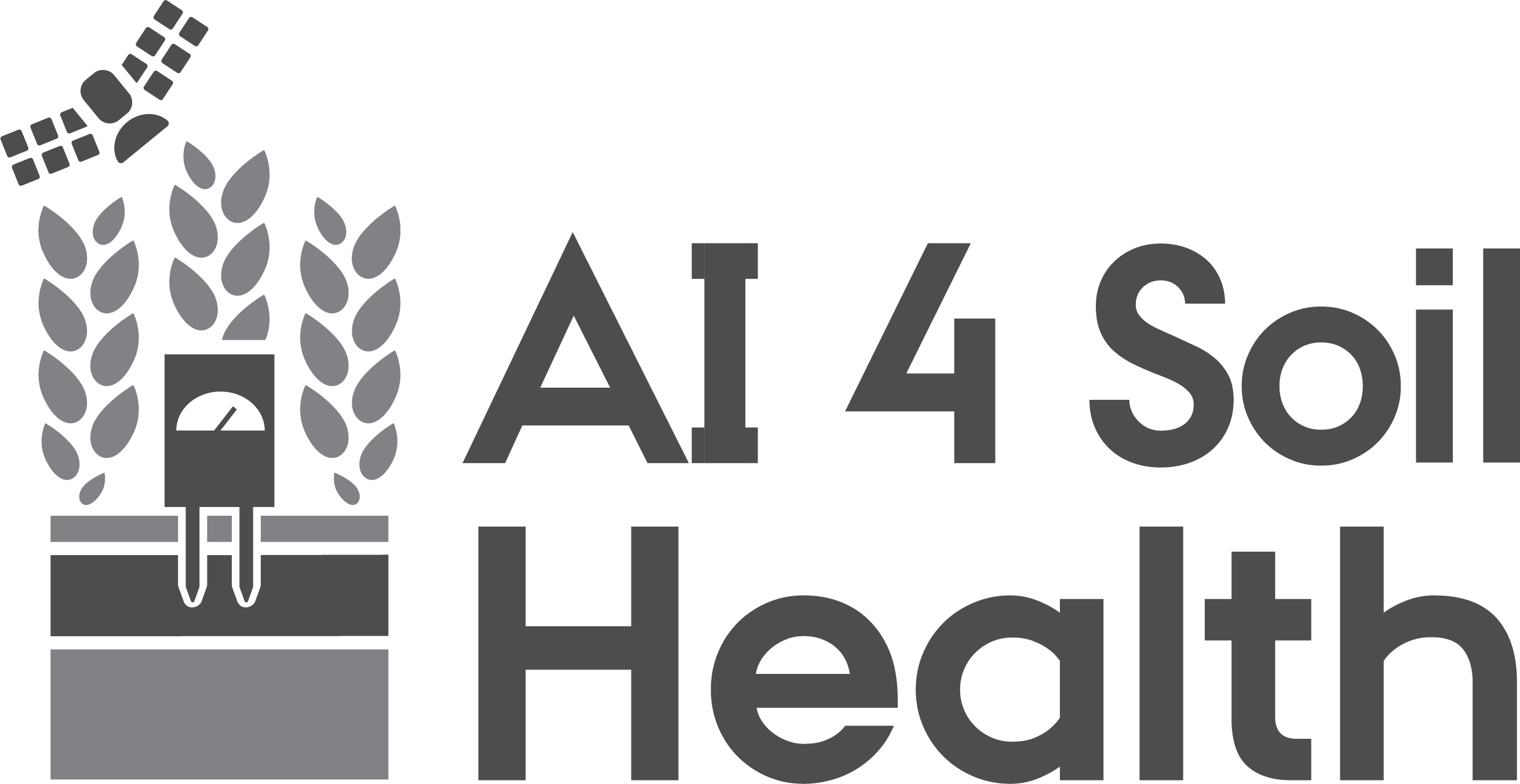
- This event has passed.
Making the case for soil health monitoring

Join the second session in the series “Envisioning the future of soil health monitoring”, hosted by the Soil Association.
Book your ticket via eventbrite here.
Making the case for soil health monitoring
Why does soil health monitoring matter? What are some of the latest tools scientists are developing to make it easier? And what ambitions do policy makers have for monitoring frameworks of the future? Sign up to this free webinar to join leading experts to discuss these topics and learn more about the future of soil science.
The webinar will bring together the perspectives of farmers, policy makers and scientists on soil monitoring practices, and ground key concepts in the current EU farming and land use landscape. The panel will discuss the value of soil monitoring from three vital perspectives: on-the-ground practice, scientific research, and policy development.
Join:
- Karen Fisher, farming advisor, Soil Association
- Nils Broothaerts, policy specialist, EU Soil Observatory, part of the European Commission Joint Research Centre (JRC)
- Fatemah Hateffard, soil scientist, Stockholm University
“What’s exciting is the shift from reactive to proactive land management. With emerging technologies like AI, in-field sensors, and geospatial tools, we now have the ability not just to benchmark soil health, but to build predictive insights that help anticipate local challenges like drought, flooding or nutrient loss.”
Karen Fisher, Soil Association
This webinar series for AI 4 Soil Health explores how AI, open data and new research is transforming soil health monitoring and management across Europe.
Find out more about the AI 4 Soil Health project: https://ai4soilhealth.eu/about
What to Expect?
- Learn why soil monitoring matters from the perspectives of both farmers and policy makers, through hearing from Karen Fisher, Farming Advisor at the Soil Association and Nils Broothaerts, Scientific Project Officer for the EU Soil Observatory, part of the European Commission Joint Research Centre.
- Hear from soil scientist Fatemeh Hateffard of Stockholm University about the indicators we measure in the ground and the new technology, including spectroscopy and beyond, being used to do so.
- Ask your questions to Karen, Nils and Fatemeh through a live Q&A.
What is the relevance of soil monitoring for farmers, researchers and policy makers?
The EU “Soil Monitoring and Resilience Directive”, agreed in April 2025, is the first of its kind to set legal standards for assessing and improving soil health across member states. Its goal is for all EU soils to reach a healthy condition by 2050, supporting broader environmental targets like the European Green Deal.
But why is soil monitoring making its way up the agenda?
- Across the EU and UK, significant areas of soil are under pressure – from everything from compaction to loss of organic matter – and the effects aren’t always visible until productivity declines or flooding worsens.
- Soil biology, encompassing microorganisms like bacteria and fungi, is fundamental to nutrient cycling, organic matter decomposition, and overall soil fertility.
- Robust soil health data, derived from consistent measurement practices, provides policymakers with the evidence. This evidence is needed to create stronger, more targeted agricultural and environmental policies that are inclusive of soil and ultimately deliver meaningful impact for people, food, and the environment.
Who Should Attend?
- Policy makers and civil servants who are engaged in soil-related strategies, projects, or regulatory initiatives.
- Research leaders and scientific experts involved in soil monitoring programmes, Living Labs and the development of research and innovation policy recommendations.
- Practitioners and innovators working on soil health and using or testing new monitoring approaches.
- Stakeholders from civil society, NGOs, and grassroots movements with an active interest in soil health.
- Private sector representatives contributing to or benefiting from soil health innovations.

